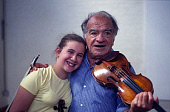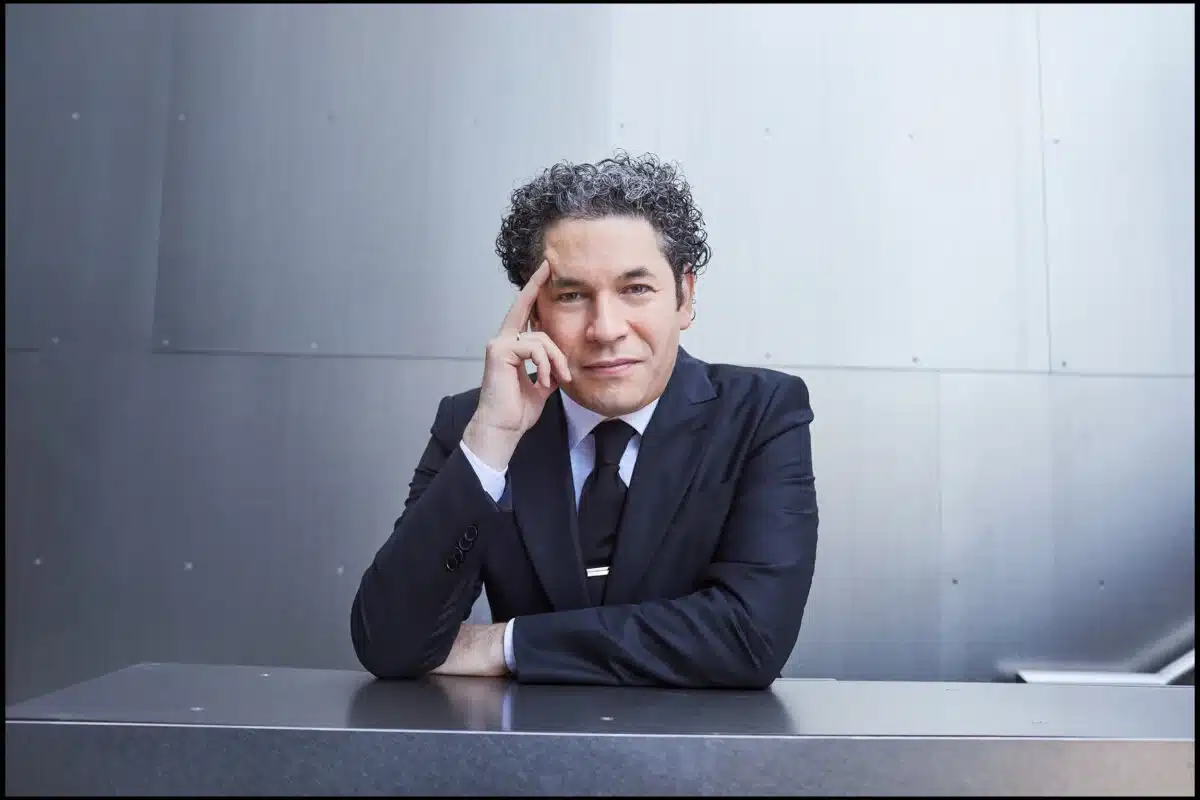Eine Slipped Disc Thema lauft weiter auf Deutsch
mainWir bedanken unsere Leserin, Midou Grossman:
Hat geistige Musik noch eine Berechtigung in der heutigen Zeit? – Das Münchner Runkfunkorchester bejaht diese Frage eindrucksvoll
Kategorie: Kultur, Musik, Regionales, Bayern
München, Bayern, Deutschland (Weltexpress). Vor kurzem stellte Norman Lebrecht, Autor, Publizist, Journalist, Fernsehkommentator der BBC, in seinem Blog die Frage: Why can’t we articulate the value of music to society? Es folgte eine interessante Online-Diskussion, die allerdings keine wirklich befriedigende Antwort lieferte….







Ein …Thema
http://www.duden.de/rechtschreibung/Thema
I kenne, das ein problem in die Universitats von England sind, aber in Deuschland?
Just a little bit of nitpicking: it’s actually “auf deutsch” because “deutsch” here is an adverb. It’s only capitalized if one talks about the language as a noun (e.g. “Dein Deutsch ist sehr gut”).
I’m not sure, but I believe that according to the reformed German spelling rules it is now correct to capitalize “Deutsch”. At least I know that “Er hat recht” (old rules) changed to “Er hat Recht”…
But I think the reformed rules are an abomination! I still use the genitive case after words like “wegen” and “trotz” … or is it only in Switzerland where they are using the dative case here nowadays?
No, they use the dative all over the place after ‘wegen’; It’s dreadful. Do you know this excellent series of books:
http://en.wikipedia.org/wiki/Der_Dativ_ist_dem_Genitiv_sein_Tod
?
Very entertaining.
But we can’t get rid of “weswegen”, can we (although how do we deal with “trotzdem” if we insist on the genitive here…)?
🙂
Can’t fight City Hall with ‘trotzdem’, but just watch all the panties thrown in your direction à la Tom Jones when you insist on saying ‘Trotz des unvermeidbaren Umstandes’ and it’ll all seem worthwhile.
Depends on who’s throwing them, of course…
I give you an ä for free, so you can paste in into the headline.
Der Verfasser war vielleicht Österreicher…
I haven’t been down there in a while but I think they still have the Umlaute in Österreich, too. Like in…”Österreich…
Even the Austrians couldn’t get round that one. It’s normal to conjugate verbs like ‘laufen’ and ‘blasen’ without Umlaute (Umläute?) in the land of Hansi Hinterseer.
As long as we are in nit-picking mode:
It is possibly not completely incorrect to use “bedanken” as above, but it is highly unusual.
Usually, “bedanken” is used reflexively as in “Wir bedanken uns bei unserer Leserin…” and is rather stilted … better still to say it more directly: “Wir danken unserer Leserin…” (note: the verb “danken” takes the dative case). “Bedanken” (non-reflexive) is most often used in passive voice or as a participle.
Examples can be found here: http://www.duden.de/rechtschreibung/bedanken
“Wir bedanken unsere Leserin”
“Bedanken” as a transitive verb is actually pretty archaic German. In modern German, “bedanken” is a reflexive verb (“wir bedanken uns”) with dative case (“bei unserer Leserin”).
I don’t think it has been used in that way since before the time of Luther, and afterwards only by authors who wanted their German to sound, well, archaic.
That confirms a suspicion I have had for a long time about Norman: He secretly listens to Wagner.
🙂
Quote: That confirms a suspicion I have had for a long time about Norman: He secretly listens to Wagner.
…bet he likes it, too…
This is what I am getting Norman for Christmas:
http://img.zvab.com/member/78462p/42653529.jpg
LOL … Sehr gut! 🙂
Er wird sich bei Dir bedanken, und wie!
Another nitpick:
“Bedanken” as a transitive verb is actually pretty archaic German. In modern German, “bedanken” is a reflexive verb (“wir bedanken uns”) with dative case (“bei unserer Leserin”).
Dative case comes unequivocally after the adverb “bei”. It does not relate here to the verb itself, grammatically speaking. However, this (using “bei…”) is necessary when using “bedanken” reflexively because it is impossible to use it transitively at the same time.
Of course, even today one often says: “Ich bedanke mich!” as a slightly more involved way of saying “Thank you”.
Even the commonplace ‘Ich danke Dir/Ihnen’ doesn’t get round the problem. We can’t seem to get past the dative with that verb…
“Dative case comes unequivocally after the adverb “bei”.”
“Bei” is not an adverb, it’s a preposition! You nitpicked yourself in the foot. 😉
BTW, what code do you use to do the Italics?
“Bei” is not an adverb, it’s a preposition! You nitpicked yourself in the foot. 😉
Ouch!
As to the markup code, just use standard HTML such as , and end tags with the same markup plus “/” (hope this survives the WordPress filters…)
Italics = wrapped in standard HTML tags such as “less than” + “i” + “greater than” … works with bold, too (just substitute “b” for “i”).
Permit me to nitpick one additional item in the title: it should be “Rundfunkorchester”–not “Runkfunkorchester”! Und ich bedanke mich ganz herzlich bei Ihnen allen! At least I think I do, pending the potential ensuing onslaught of further corrections. 🙂